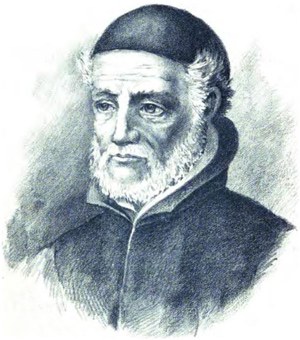Superior Studio
2 Superior Studios of 50 m2, located on the 1st and 2nd floors for two people,
with a living room, dining area and fully equipped kitchen
Superior Studio António Variações
(104)
Apartments
Wi-Fi
2 Adults
TV
Who was António Variações

António Joaquim Rodrigues Ribeiro, known as António Variações (Amares, December 3, 1944 - Lisbon, June 13, 1984), was a Portuguese singer and composer from the early 1980s. His short discography continued to influence Portuguese music in decades after his early death at the age of 39, thus leaving a legacy for the times to come.
He made his first appearances to the public at the Trumps nightclub and Rock Rendez-Vous. His musical style combined several genres, such as rock, pop, blues or fado and his own unique and unmistakable style made him quickly reach fame.
In 1978, he signed a contract with the publisher Valentim de Carvalho and edited the first single with the themes Povo que Lavas in Rio de Amália Rodrigues (his biggest reference), and I'm beyond. Then he recorded his first LP, Anjo da Guarda with ten tracks, all of his authorship, where the hits É pra Amanhã and O Corpo É que Paga. In 1984 he released his second work, entitled Dar e Receber.
When Canção de Engate invaded the radio, António Variações was already admitted to the hospital. Transferred to the Red Cross Clinic, he died on 13 June, victim of bronchopneumonia, it is speculated that it was probably caused by the HIV virus
António Variações (1944-1984)
Superior Studio Padre António Vieira
(204)
Apartments
Wi-Fi
2 Adults
TV
Who was Father António Vieira

Father António Vieira Lisboa, February 6, 1608 - Salvador, July 18, 1697), was a religious, philosopher, writer and Portuguese speaker at the Companhia de Jesus.
One of the most influential figures of the 17th century in terms of politics and public speaking, he stood out as a missionary in Brazilian lands. In this capacity, he tirelessly defended the rights of indigenous peoples by fighting their exploitation and enslavement and carrying out their evangelization.
António Vieira defended the Jews, the abolition of the distinction between new Christians (converted Jews, persecuted at the time by the Inquisition) and old Christians (traditional Catholics), and the abolition of slavery. He also severely criticized the priests of his time and the Inquisition itself.
In the literature, his sermons are of considerable importance in the Brazilian and Portuguese Baroque.
Father António Vieira left a complex work that expresses his political opinions, not being a writer, but an orator. His complete, annotated and updated work began to be published in 2013, almost four centuries after his birth. This 30-volume publication includes all of his letters, sermons, prophetic works, political writings, about Jews and Indians, as well as his poetry and theater, and is the first complete and carefully edited edition of his vast production in writing.
Padre António Vieira (1608-1697)

